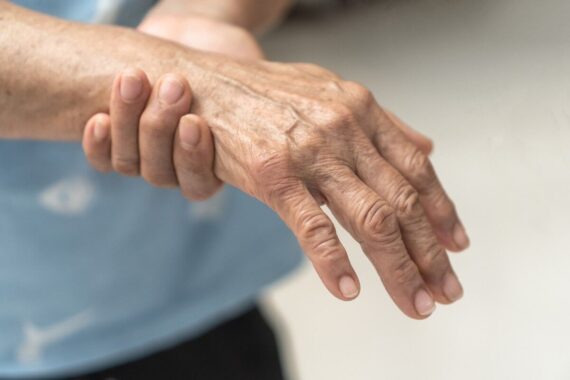Doing regular Tai Chi may curb the symptoms of Parkinson’s disease for several years, research suggests.
The study builds on previous work showing that the Chinese martial art which is based on a series of very slow controlled movements can have a short-term benefit.
But after comparing supported Tai Chi training in people with Parkinson’s disease with those who had no structured exercise class over a three and a half year period, researchers reported slower disease progression and lower doses of medication.
The annual increase in the levodopa equivalent daily dosage was significantly lower in the Tai Chi group, they reported in the Journal of Neurology Neurosurgery & Psychiatry.
Patients also benefited from Tai Chi training in motor symptoms, non-motor symptoms and fewer complications, the Chinese research team found.
The study compared 147 patients who practised Tai Chi twice a week – with classes to help technique – with 187 patients who had standard care.
Disease severity, progression, medication and various symptoms were monitored at three time points.
The researchers also looked at mood, sleep quality, and cognition; and the prevalence of complications, such as dyskinesia, dystonia, decline in responsiveness to drug treatment over time, hallucinations and restless leg syndrome.
Disease progression assessed by three separate scales was slower at all monitoring points in the Tai Chi group, they reported.
And the number of patients who needed to increase their medication in the control group was also significantly higher than it was in the Tai Chi Group at 83.5% in 2019 and just over 96% in 2020 compared with 71% and 87.5%, respectively.
Cognitive function deteriorated more slowly in the Tai Chi group as did other non-movement symptoms, while sleep and quality of life continuously improved, the study found.
The prevalence of complications was also significantly lower in those who were regularly doing Tai Chi they reported.
It should be noted that the participants were not randomly allocated to the groups, they noted.
But the team concluded: ‘Our study has shown that Tai Chi retains the long-term beneficial effect on [Parkinson’s disease], indicating the potential disease-modifying effects on both motor and non-motor symptoms, especially gait, balance, autonomic symptoms and cognition.’
They added: “The long-term beneficial effect on [the disease] could prolong the time without disability, leading to a higher quality of life, a lower burden for caregivers, and less drug usage.’
Professor Alastair Noyce, professor in neurology and neuroepidemiology at Queen Mary University of London, said the results were encouraging.
‘This is an important study evaluating the association between Tai Chi and Parkinson’s disease, and it demonstrates apparent positive effects on Parkinson’s symptom progression.’
He added: ‘Several previous studies suggest that exercise has long-term, even disease modifying, benefits on Parkinson’s.
‘We already recommend Tai Chi, as well as other forms of exercise, but understanding which forms of exercise are most beneficial is an important goal to enhance the long-term management of patients.’
Pulse October survey
Take our July 2025 survey to potentially win £1.000 worth of tokens














